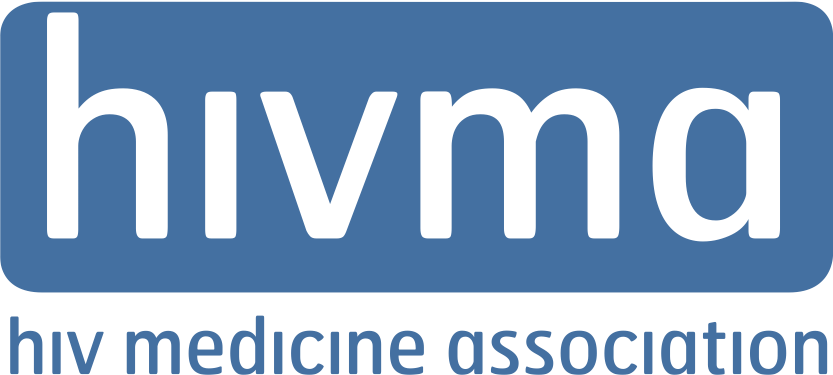HIVMA, IDSA and PIDS Release Policy Statement on the Medicaid Program, Public Health and Access to HIV Care
06/26/2017
Remarks of HIVMA Board Chair Wendy Armstrong, MD, FIDSA:
As the U.S. Senate considers action on the “Better Care Reconciliation Act of 2017,” the HIV Medicine Association, Infectious Diseases Society of America and the Pediatric Infectious Diseases Society are releasing a position paper on the Medicaid Program and the pivotal role the program plays in public health and providing access to necessary services and treatment for people living with HIV. The Policy Statement on the Medicaid Program, Public Health and Access to HIV Care is here.
The policy positions articulated in the paper reflect the individual and public health imperatives of uninterrupted access to medical services and to antiretroviral treatment for people living with HIV, and the benefits that have been realized since the Medicaid expansion under the Affordable Care Act.
The Medicaid program and more recently the Medicaid expansion have been pivotal to progress against the HIV epidemic in the U.S. because consistent access to care and treatment for people with HIV allows them to stay healthy, have a near normal life expectancies and prevents transmission of the virus. The program is important to preventing the transmission of HIV by pregnant women to their babies by providing access to care and treatment for low-income mothers and their newborns. Covering more than 40 percent of patients with HIV, the Medicaid program plays an essential role in improving the lives of people with HIV and in preventing new HIV infections.
At a time when the U.S. House of Representatives has approved deep cuts to Medicaid spending through a per person cap on federal funding and an end to the Medicaid expansion, when the Senate is close to taking similar actions without stakeholder input, the program’s importance to people with HIV, and to control the epidemic must be weighed. HIVMA, IDSA and PIDS recommend policies that:
• Maintain the Medicaid Program as a program supported by an open-ended federal/state matching formula giving states flexibility to respond to disease outbreaks, increases in healthcare costs and to medical advances, including those seen in recent years in treatments for HIV, cancer, and hepatitis C;
• Continue the Medicaid expansion with federal financing that will remain fixed at 90 percent of costs in 2020;
• Ensure that Medicaid beneficiaries have access to the range of services they need to stay healthy by maintaining the current minimum benefits and coverage requirements and by expanding requirements to ensure all Medicaid beneficiaries have access to critical services, including preventive screenings, prescription drugs, mental health and substance use treatment;
• Maintain protections that limit premiums and cost sharing based on income and continue to bar denial of medical care for failure to pay cost sharing for those enrollees with incomes under 100% of the federal poverty level;
• Ensure access to adequate services so Medicaid beneficiaries can stay healthy and able to work, care for their families, and/or pursue educational and training opportunities without linking Medicaid eligibility to work requirements;
• Continue support for waivers that allow states to evaluate innovative delivery systems as well as benefit and payment models that promote high quality, comprehensive, cost effective care;
• And evaluate models for improving Medicaid provider payment equity.
About HIVMA
HIVMA is an organization of nearly 5,000 clinicians and researchers whose professional focus is HIV medicine. HIVMA’s mission is to promote quality in HIV care by advocating policies and supporting programs that ensure a comprehensive and humane response to the AIDS pandemic informed by science and social justice. Nested within the Infectious Diseases Society of America, HIVMA's work includes creating clinical and educational tools and resources; supporting clinical training and research opportunities to build HIV workforce capacity; and promoting policies and programs to improve access to HIV prevention and care.
About IDSA
The Infectious Diseases Society of America (IDSA) represents physicians, scientists and other health care professionals who specialize in infectious diseases. IDSA’s purpose is to improve the health of individuals, communities, and society by promoting excellence in patient care, education, research, public health, and prevention relating to infectious diseases.
About PIDS
PIDS is the world's largest organization of professionals dedicated to the treatment, control and eradication of infectious diseases affecting children. Membership is comprised of physicians, doctoral- level scientists and others who have trained or are in training in infectious diseases or its related disciplines, and who are identified with the discipline of pediatric infectious diseases or related disciplines through clinical practice, research, teaching and/or administration activities.
#####
The HIV Medicine Association (HIVMA) is the professional home for more than 5,000 physicians, scientists, and other health care professionals dedicated to the field of HIV/AIDS. Nested within the Infectious Diseases Society of America (IDSA), HIVMA promotes quality in HIV care and advocates policies that ensure a comprehensive and humane response to the AIDS pandemic informed by science and social justice. For more information, visit www.hivma.org.

